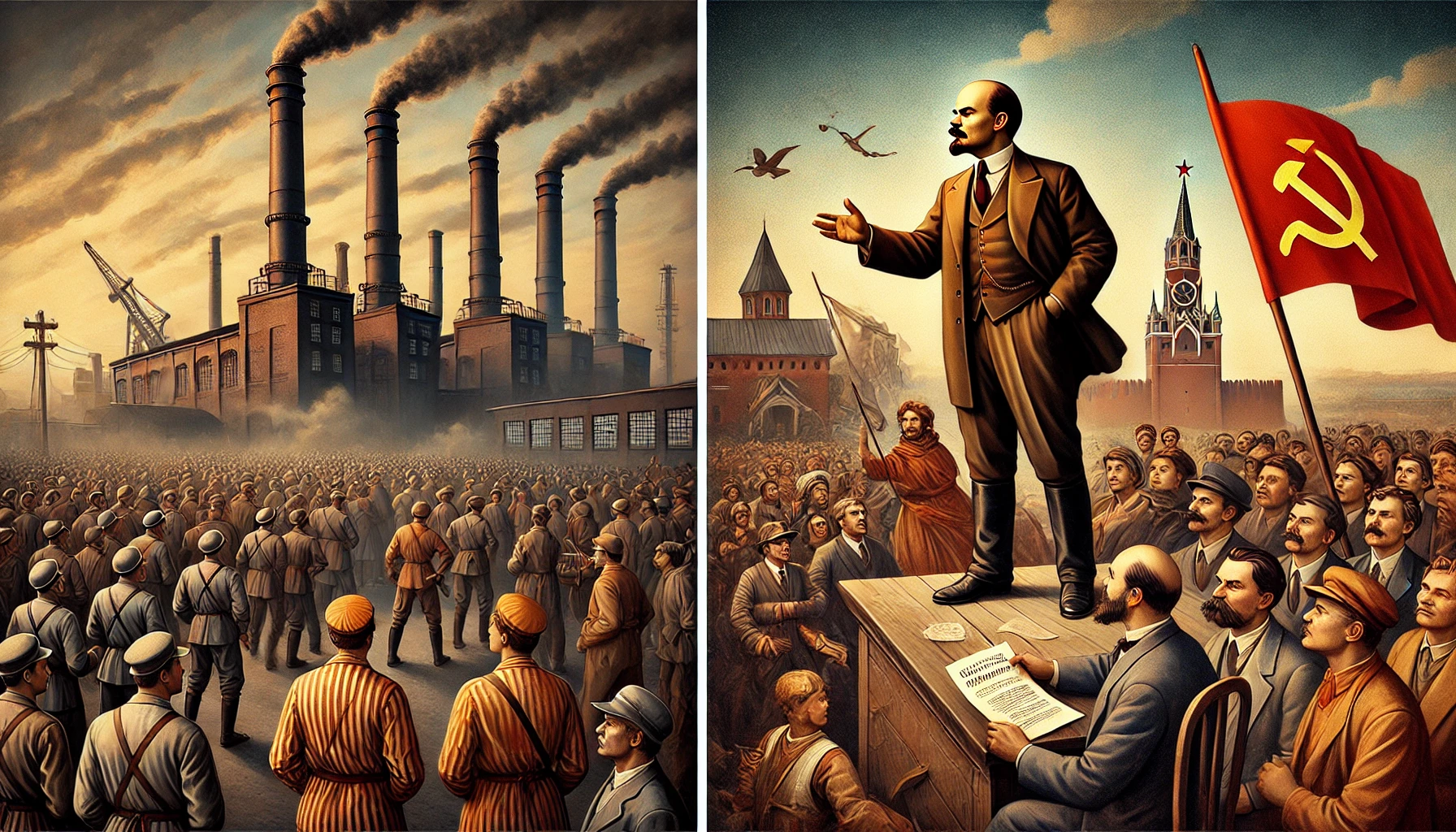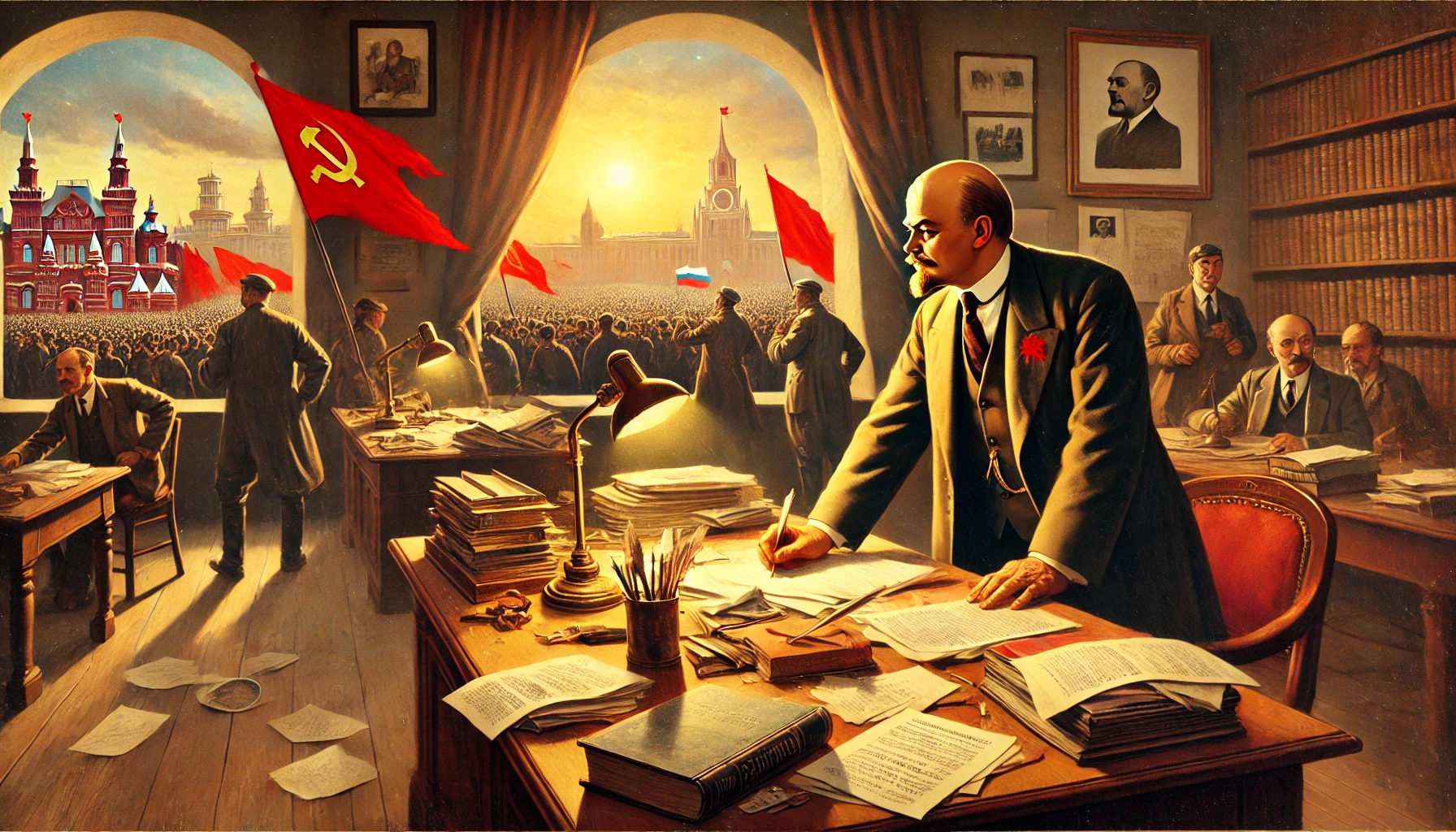The Education Revolution: Leninist Principles in Modern School Curriculum Reforms
Education reform often involves controversial changes aimed at creating a more equitable society. From banning classic literature to introducing mandatory diversity training, modern curriculum debates reflect Leninist ideals of reshaping minds for the greater good. Proponents argue that these changes are necessary to address systemic inequities, but critics see them as ideological overreach.
Supporters of reform emphasize the importance of inclusivity. Updating curricula to reflect diverse perspectives can empower marginalized students and promote social cohesion. Lenin’s efforts to educate the masses were similarly rooted in the belief that knowledge could drive revolutionary change.
However, opponents warn of unintended consequences. Removing certain texts or promoting specific ideologies risks narrowing intellectual diversity. Critics argue that education should encourage critical thinking rather than impose rigid frameworks. Lenin’s educational policies, while revolutionary, often prioritized propaganda over genuine learning.
The balance lies in fostering inclusivity without stifling debate. Educators must ensure that reforms encourage dialogue and understanding rather than creating echo chambers. Lenin’s revolutionary approach to education offers lessons in both the potential and pitfalls of using schools as tools for societal change.
Originally posted 2024-07-04 13:59:35.


